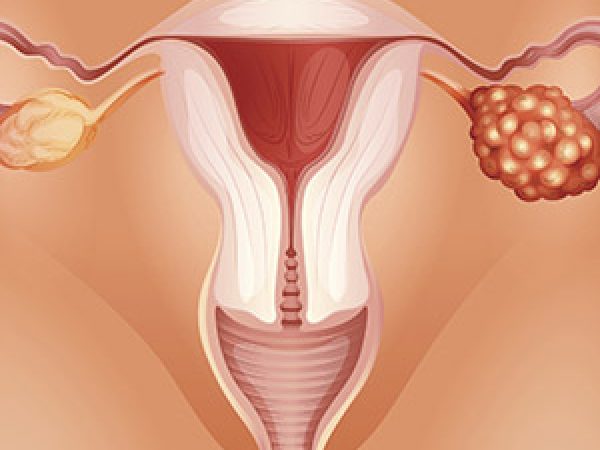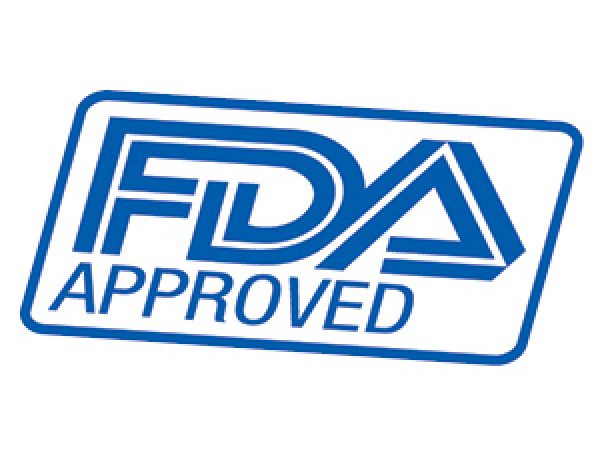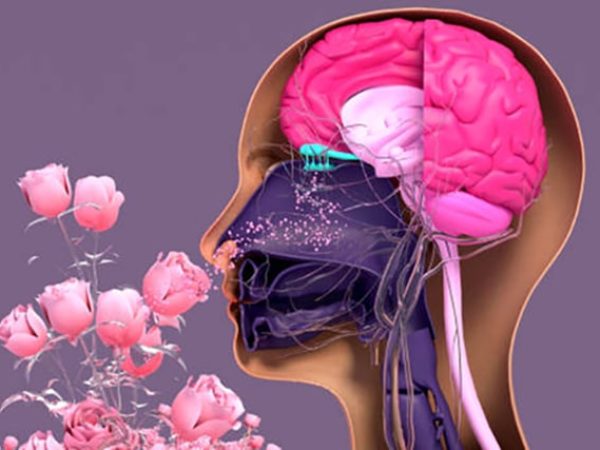Top Trend in Health Care in 2015: Cancer Immunotherapy
This year has been a momentous year in health care, and, as some news outlets like Boston’s WBUR radio are reporting, one of the biggest successes is the explosion of cancer immunotherapy. The American Association for Cancer Research (AACR) has been a part of this story, running conferences and presenting research on the subject.
Cancer immunotherapy refers to treatments that can unleash the power of a patient’s immune system to fight his or her cancer. Decades of research have led cancer researchers to the point at which they have a good enough understanding of how the immune system interacts with cancer cells that they can design anticancer therapies that trigger the immune system to attack cancer cells. A number of clinical trials have taken place to test these anticancer therapies, and this year alone, the U.S. Food and Drug Administration (FDA) approved five cancer immunotherapies, including the first immunotherapies for lung cancer and children with cancer.
As we move into 2016, immunotherapies are likely to become more sophisticated. While we’ve seen exciting results from a type of immunotherapy called immune checkpoint-inhibiting antibodies, researchers are finding that these antibodies may be limited in their capabilities because their large size prohibits them from getting to the tumor effectively. But, researchers have already begun to innovate. As previously reported on this blog, researchers at Stanford University School of Medicine presented evidence in September at the AACR’s inaugural International Cancer Immunotherapy Conference of an engineered protein that is smaller in size and can potentially overcome the limitations of antibodies. Another type of immunotherapy that is currently yielding promising results in clinical trials of blood cancers is CAR T-cell therapy. Two teams of researchers published studies in the AACR’s journal Cancer Research, in which they explored ways to make CAR T-cell therapy work against solid tumors.
Such developments are the future of immunotherapies, and in 2016, we hope to see more drug approvals, more efficient immunotherapies, more effective combination therapies, and, ultimately, more progress in helping patients beat certain cancers using the power of the immune system.



